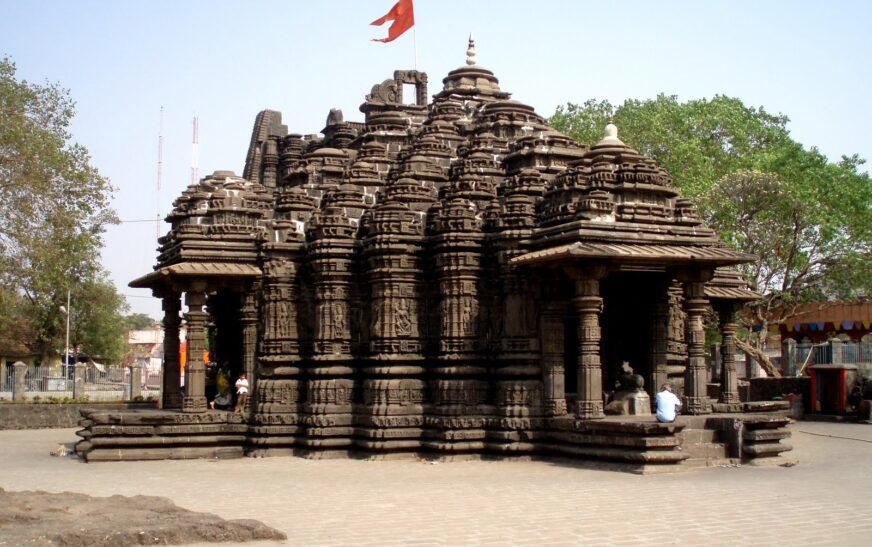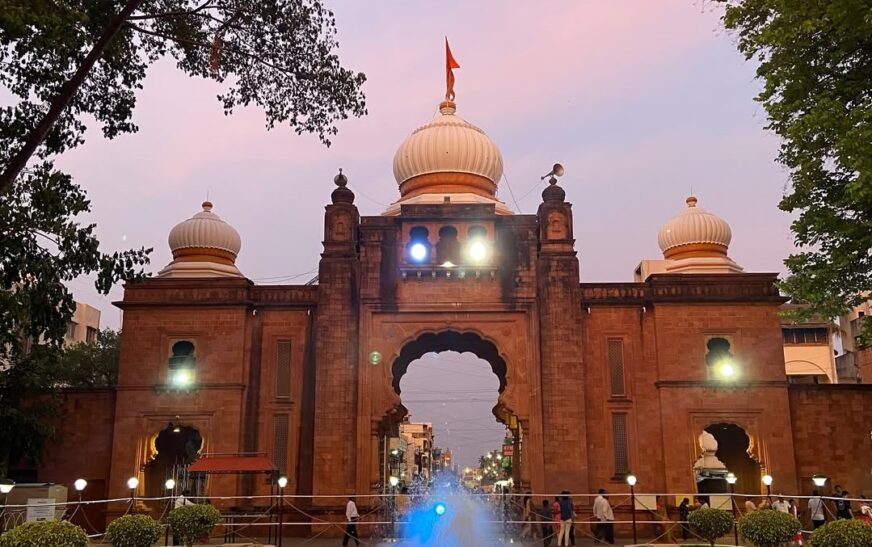Jammu, Jammu and Kashmir City Guide: Where To Go, Stay, Eat, And shop in India’s best city.
Jammu is one of the two major regions of the union territory of Jammu and Kashmir in India (the other being Kashmir). It serves as the winter capital of the union territory and is a significant cultural, historical, and economic hub. Known for its temples, scenic beauty, and rich heritage, Jammu is often referred to as the “City of Temples” due to the large number of Hindu shrines and pilgrimage sites in the region. Here’s an overview of Jammu:
Location and Connectivity
- Geographical Position: Jammu is located in the southern part of the Jammu and Kashmir union territory, nestled in the foothills of the Shivalik Range. It lies on the banks of the Tawi River.
- Transport Links:
- Railway: Jammu Tawi Railway Station is a major railhead, connecting the city to other parts of India, including Delhi, Mumbai, and Kolkata.
- Road: Jammu is well-connected by national highways (NH-44 and NH-144), linking it to cities like Srinagar, Delhi, and Amritsar.
- Airport: Jammu Airport (Satwari Airport) operates domestic flights to major Indian cities.
Climate
- Jammu has a subtropical climate, with hot summers, mild winters, and a monsoon season. Unlike the Kashmir Valley, Jammu does not experience heavy snowfall, making it a year-round destination.
Economy
Jammu is an important economic center in the region, with a diverse economy driven by tourism, trade, and agriculture.
Tourism:
- Jammu is a major pilgrimage destination for Hindus, attracting millions of devotees annually.
- The city also serves as a gateway to the Kashmir Valley and Ladakh, making it a key transit point for tourists.
Agriculture:
- The region produces crops like wheat, maize, and rice. The fertile plains of Jammu support a thriving agricultural sector.
Trade and Commerce:
- Jammu is a commercial hub, with bustling markets and trade activities. The city is known for its handicrafts, textiles, and traditional Kashmiri products.
Culture and Heritage
- Religious Diversity: Jammu is home to people of various religions, including Hinduism, Islam, Sikhism, and Christianity. The city is known for its communal harmony and cultural diversity.
- Festivals:
- Mata Vaishno Devi Yatra: The annual pilgrimage to the Mata Vaishno Devi Temple attracts millions of devotees.
- Lohri: Celebrated with great enthusiasm, marking the harvest season.
- Diwali and Navratri: These Hindu festivals are celebrated with traditional fervor.
Tourist Attractions
Jammu is a treasure trove of cultural, religious, and natural attractions:
- Mata Vaishno Devi Temple: Located in the Trikuta Mountains near Jammu, this is one of the most revered Hindu shrines in India. Millions of pilgrims visit the temple every year.
- Raghunath Temple: A historic temple complex dedicated to Lord Rama, located in the heart of Jammu.
- Bahu Fort: An ancient fort overlooking the Tawi River, built by Raja Bahulochan. It also houses the Bahu Temple, dedicated to Goddess Kali.
- Mubarak Mandi Palace: A stunning palace complex showcasing a blend of Rajasthani, Mughal, and European architectural styles.
- Amar Mahal Palace: A heritage palace-turned-museum, displaying artifacts, paintings, and royal memorabilia.
- Tawi River: The riverfront is a popular spot for picnics and leisure activities.
- Peer Kho Cave Temple: An ancient temple dedicated to Lord Shiva, located in a natural cave.
- Surinsar Lake and Mansar Lake: Two picturesque lakes located near Jammu, surrounded by lush greenery and ideal for boating and picnics.
Education and Healthcare
- Educational Institutions: Jammu has several schools, colleges, and universities, including the University of Jammu and Government Medical College, Jammu.
- Healthcare: The city has well-equipped hospitals and healthcare centers, providing quality medical services to residents and tourists.
Challenges
- Infrastructure: Rapid urbanization has led to challenges like traffic congestion, waste management, and pollution.
- Security: Due to its proximity to the border, Jammu faces security challenges, though the situation has improved in recent years.
- Tourism Dependency: The economy is heavily reliant on tourism, making it vulnerable to fluctuations in tourist arrivals.
Conclusion
Jammu is a city of immense cultural, religious, and historical significance. Its temples, scenic beauty, and vibrant culture make it a key destination in northern India. As the winter capital of Jammu and Kashmir, the city plays a vital role in the region’s administration and economy. With its strategic location, rich heritage, and growing infrastructure, Jammu continues to thrive as a major urban center in the union territory. Efforts to address challenges and promote sustainable development will ensure its continued growth and prosperity.

![Jammu, Jammu and Kashmir City Guide: Where To Go, Stay, Eat, And shop in India’s best city. [Updated-2025]](https://traveloinfo.com/wp-content/uploads/2025/02/Jammu-872x547.jpg)



![Bangalore, Karnataka City Guide: Where To Go, Stay, Eat, And shop in India’s best city. [Updated-2025]](https://traveloinfo.com/wp-content/uploads/2025/02/bangaloref.jpg)
![Hyderabad, Telangana City Guide: Where To Go, Stay, Eat, And shop in India’s best city. [Updated-2025]](https://traveloinfo.com/wp-content/uploads/2025/02/hydrabad1.jpg)
![Ahmedabad, Gujarat City Guide: Where To Go, Stay, Eat, And shop in India’s best city. [Updated-2025]](https://traveloinfo.com/wp-content/uploads/2025/02/ahemadabad1.jpg)